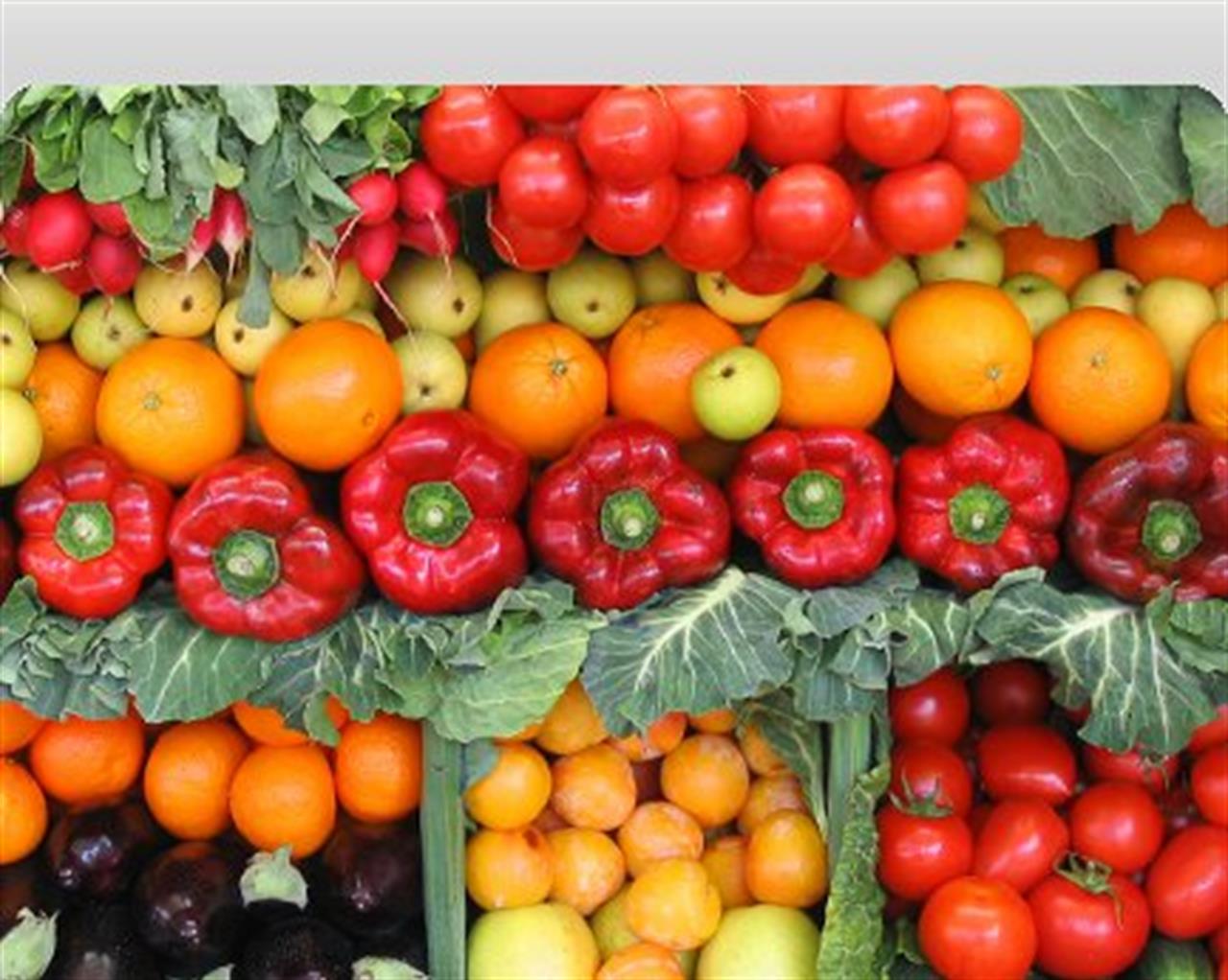Cultura
Grow your own vegetables…in Berlin
The Princess Garden, a green oasis that changed the life of an entire community

It’s a difficult time for vegetarians and for anyone who tries to eat properly. You try to eat your vegetables but it doesn’t seem enough to guarantee you a healthy diet. While the E. Coli outbreak is scaring vegetable lovers all over Europe, knowing where your food comes from seems to be as important as ever. The ideal thing to do would be to grow your own vegetables, but not everyone lives in the country or has a garden.
What if cities had a common space where everybody could grow their own vegetables? A nice utopia? Not really, in Berlin it’s become a reality thanks to Marco Clause and Robert Shaw, a former historian and a filmmaker who decided to change their lives and the life of an entire community.
In 2009 they founded the NGO Nomadisch Grun, Nomadic Garden, and created the Prinzessinnengarten, a huge urban horticultural space where anyone can work, take part in the events there or simply hang out at the restaurant that obviously uses the garden’s own vegetable harvest. The idea comes from a trip Shaw took to Cuba, where he saw the urban gardening and was impressed by the social impact that these green areas had on the local community. As a matter of fact these spaces gave people the opportunity to meet, spend time together and learn new things. Shaw and Clause understood the potential of this model and decided to create a urban garden in Berlin. They created it in Moriplatz, a long-time abandoned square in the scruffy district of Kreuzberg.
Together with friends, neighbors and activists they removed the rubbish, cleaned the square and built transportable organic vegetable plots, because like the name of their organization, the gardening here is “nomadic”: carrots and tomatoes grow out of a portable plastic bag while thyme and rosemary are sown in recycled tetra-bricks. “People professionally trained would have never started anything like this” says Clause, smiling. “The garden is open to any influence. We have developed educational projects with school children who can come here and learn about the gardening work but we also give space to people who are doing their own projects. At the moment there are some beekeepers who are working in the garden and there’s a Swedish artist who is growing sixty different varieties of potatoes”. But most important the garden is a meeting point. This organic green area hasn’t only changed the eating habits of an entire community but it’s also changed its social dynamics. Hundreds of volunteers gather together to offer their help with the garden. “This is a difficult neighborhood and the garden give people the chance to be in touch with the nature, to learn new things and most important to meet each other”.
Vuoi accedere all'archivio di VITA?
Con un abbonamento annuale potrai sfogliare più di 50 numeri del nostro magazine, da gennaio 2020 ad oggi: ogni numero una storia sempre attuale. Oltre a tutti i contenuti extra come le newsletter tematiche, i podcast, le infografiche e gli approfondimenti.
